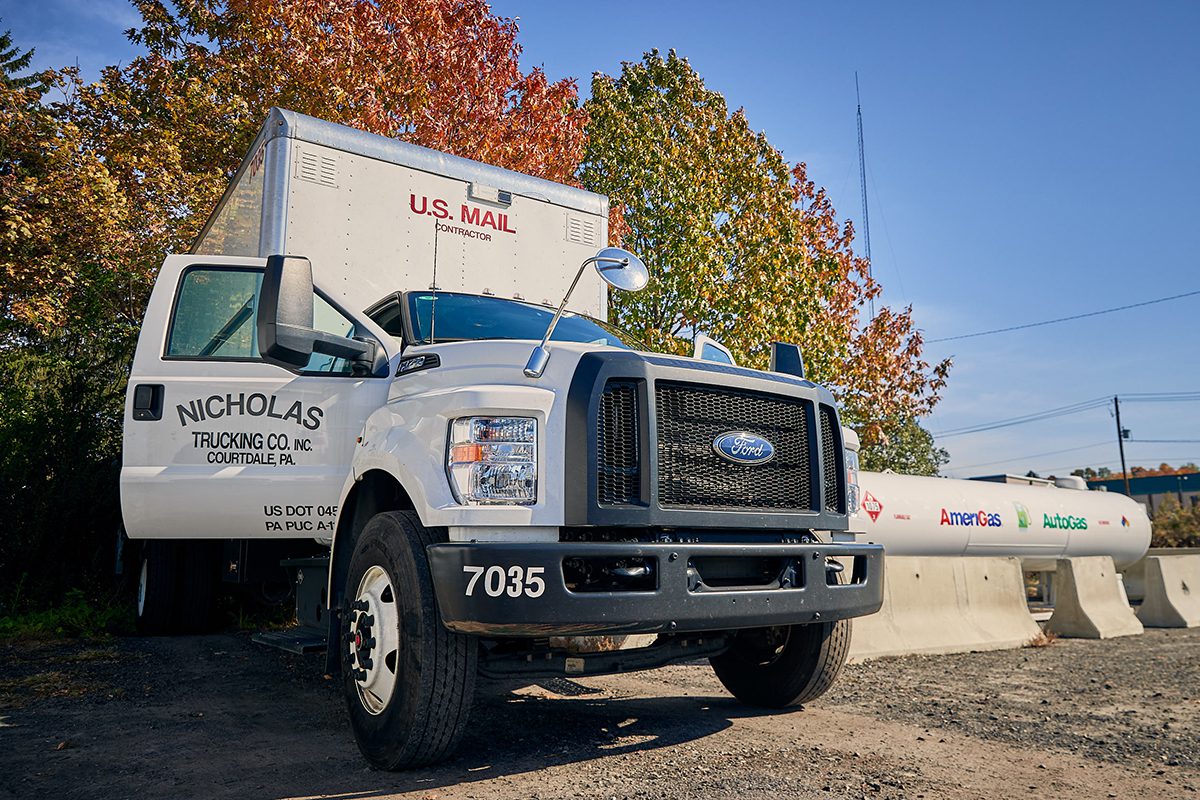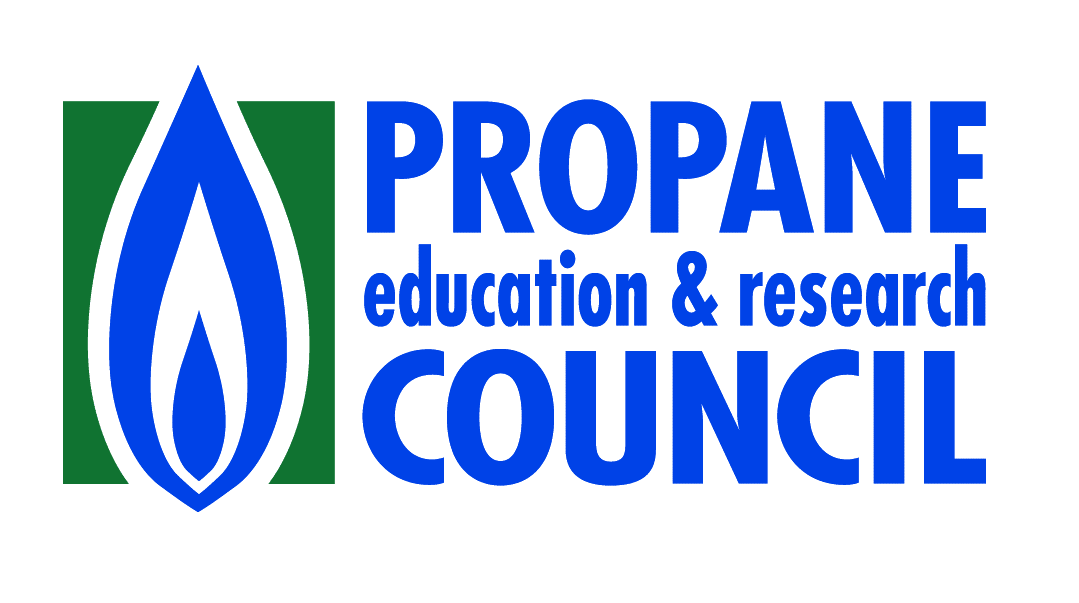For four plus decades, fleet owners have selected propane as the energy solution for their vehicles to lower their operating costs, clean up their communities with reduced emissions, and meet the needs of their duty cycles. From coast to coast, propane technology is providing thousands of fleet owners with the confidence they need to make the next run.
This is especially true for medium-duty (Class 3-7) fleets that need a range up to 400 miles per day and the ability to carry a heavier payload — like those in the package delivery, food and beverage delivery, paratransit, and student transportation sectors. Here’s what your peers in a few of those markets had to say about why they chose propane for their fleets.
North Penn School District
Located in a suburb of Philadelphia, the North Penn School District operates 126 buses to safely transport thousands of students to and from school. Beginning in 2019, North Penn began adopting near-zero emissions propane buses to provide a cleaner ride for students, better air quality for the community, and to save money. Today, 82% of the bus fleet operates on propane, with a goal to be at 100% adoption by 2026.
The district has opted to take on this full adoption goal because of the benefits they’ve seen with the propane buses currently in the fleet. From an emissions standpoint, the buses have virtually zero particulate matter and reduce harmful nitrogen oxide (NOx) emissions by 94% compared to diesel. Those pollutants are known to exacerbate respiratory issues like asthma and bronchitis according to the U.S. Environmental Protection Agency (EPA). By adopting propane, the district is providing students with a healthier ride to school and the community with cleaner air.
From a cost standpoint, the district is also saving money, which has helped fund the additional bus purchases. In 2023, North Penn paid just $1.17 per gallon of propane. That’s more than $2 savings per gallon compared to what the district pays for diesel. Plus, North Penn takes advantage of the Alternative Fuel Tax Credit to reduce fuel costs even further. While the district admits there is an initial, slightly higher upfront cost for a propane bus compared to diesel, they also recognize that cost has come down thanks to several local and federal grants — not to mention, the fuel and maintenance savings more than make up for the marginal upfront cost.
Nicholas Trucking
Nicholas Trucking Co., Inc. is an 80-year-old, family-owned, Pennsylvania-based USPS mail contractor. The fleet operates 45 vehicles to reliably deliver the mail to distribution centers in the community. In early 2023, Nicholas Trucking made the decision to replace three of its diesel Class 6 box trucks with Ford F-750 propane vehicles. With a goal to transition away from diesel into more near-zero emission vehicles, propane provided the fleet with an option that could exceed their sustainability goals, deliver the performance the fleet needed for reliable service, and reduce costs along the way.
Medium-duty vehicles that run on propane emit fewer greenhouse gases, smog-producing hydrocarbons, and particulate emission than conventional fuels. Today’s propane engines are 90% cleaner than the EPA’s most stringent standards.
In addition to clean performance, Nicholas also cites the rising cost of diesel as one of the major catalysts for the company’s move to propane vehicles. Propane typically costs 50% less per gallon than diesel. Nicholas Trucking is currently saving more than 53% on fuel costs and will get $0.37 per gallon additional savings through the federal alternative tax credit. Plus, Nicholas Trucking was awarded $93,000 through Pennsylvania Department of Environmental Protection’s Driving PA Forward program to support the initial purchase of the trucks.
Nicholas Trucking also installed on-site refueling infrastructure through a partnership with its propane supplier. Each day, the vehicles run their entire routes and return to base for refueling at the convenient refueling station. This has been a major upgrade from the public diesel stations Nicholas uses since it cuts down on wait times at the pump and removes any additional costs a public station can charge.
To top it all off, Nicholas Trucking’s drivers are also impressed with the propane vehicles. Because the power and torque of a propane vehicle is similar to diesel, drivers say they enjoy the power and reliability of the propane vehicles while navigating the mountains and rough terrain of Northern Pennsylvania. Drivers also appreciate that the engines reliably start in the winter when temperatures frequently stay below freezing, and they don’t go home smelling like diesel every day.
With all the benefits the fleet has seen with the three vehicles, Nicholas Trucking plans to add an additional five vehicles by the end of the year using the cost savings from the current propane vehicles.
As these fleets demonstrate, propane can provide a wealth of benefits for fleets. For more information on how propane can reliably power vehicles, visit Propane.com/Fleet-Vehicles.
Steve Whaley is the director of autogas business development for the Propane Education & Research Council. He can be reached at stephen.whaley@propane.com. Visit Propane.com for more information.



